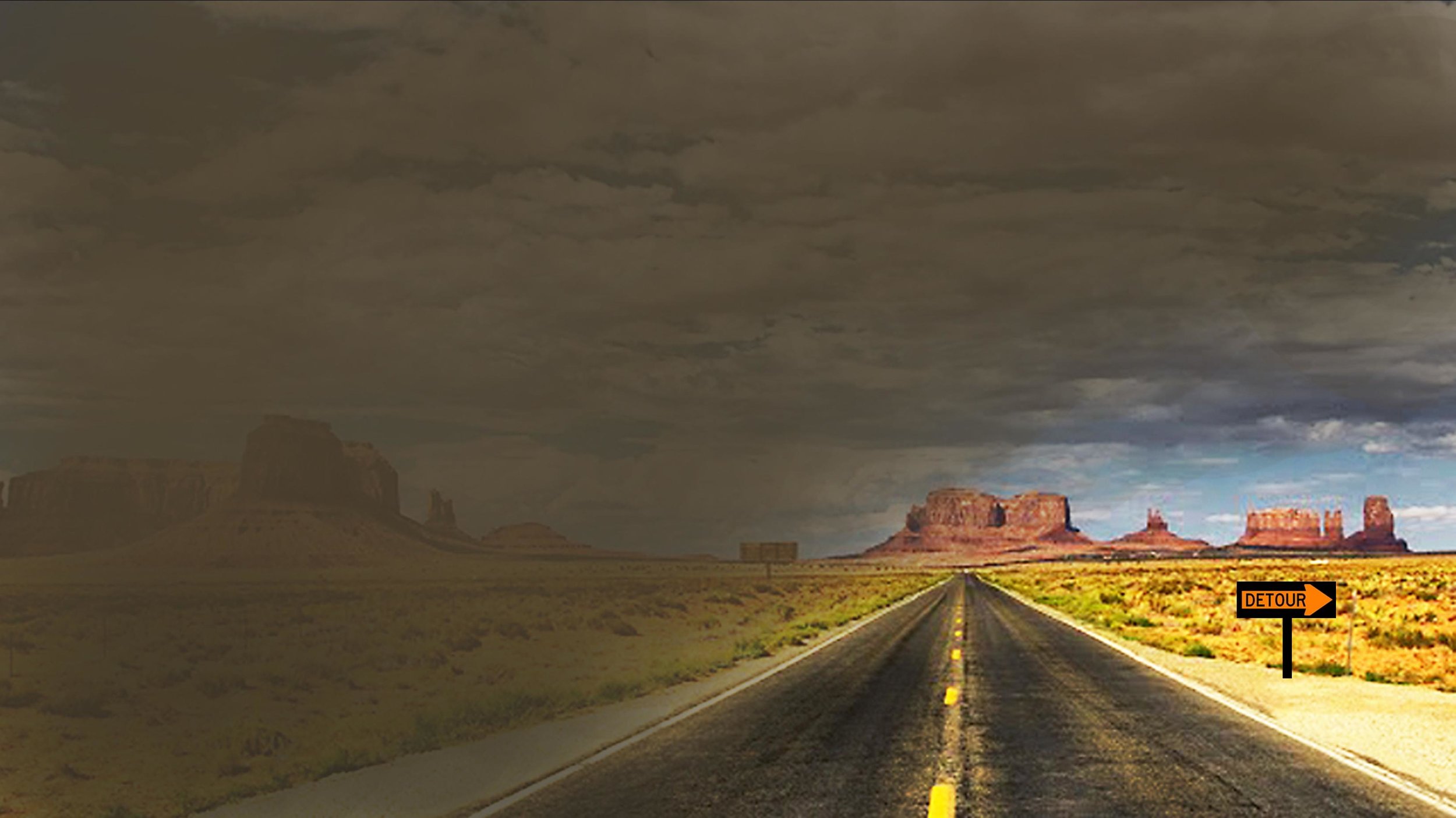Why should I hire a licensed contractor when I can do it myself?
The perception is that if you do it yourself you save money. In some instances, this has a positive outcome...in other instances, not so much. Every project has innumerable variables that contribute to a positive outcome. Hiring a licensed trade professional is one of those variables. Think of it as a surgical procedure – do you want to hire the person that has “some power tools” or do you want a qualified surgeon with a team?
How do I identify the right contractor for my project?
Every contractor has a “zone of genius”. An example would be one contractor might be specialized in new construction, another contractor might be a handyman and only handle minor repairs. Another contractor might focus on remodels that include kitchen and baths. Some factors to consider in finding the right contractor; the overall project and your personality. They’re going to be in your home for a long time because some projects take a while. Make sure that it’s a good match professionally and personally.
What should do before I hire the contractor?
There are many things but here are a few that are important. In today’s world many people rely on a handshake or a text message that says, “let’s go ahead”. Always have a contract in place even if it’s a Letter of Agreement or a fully disclosed Contract. Always ask for referrals, both good and bad. Every project is going to go in a ditch or hit a bump in the road. It’s about how they navigate out of the ditch or over the that bump and finish the project. Ask the contractor for a project calendar with a start date and a possible end date. This is important because you’ll know what to expect over the course of the project. New construction has a different calendar than a remodel. Expect that the calendar is always going to change because of unforeseen circumstances.
Why does it cost so much?
Consider where we live, the cost of materials and goods, the shortage of labor and housing and a very busy remodeling economy.
As a homeowner, I don’t understand why it’s so complicated and it should take so long?
The number one delay in any project are unexpected issues with the site. Number two is the homeowner’s ability to make decisions; decisions must be made in order for the project to proceed. Changing your mind changes the outcome. Another factor is the availability of subcontractors at key points in the project – they may be on another project that has been delayed.
